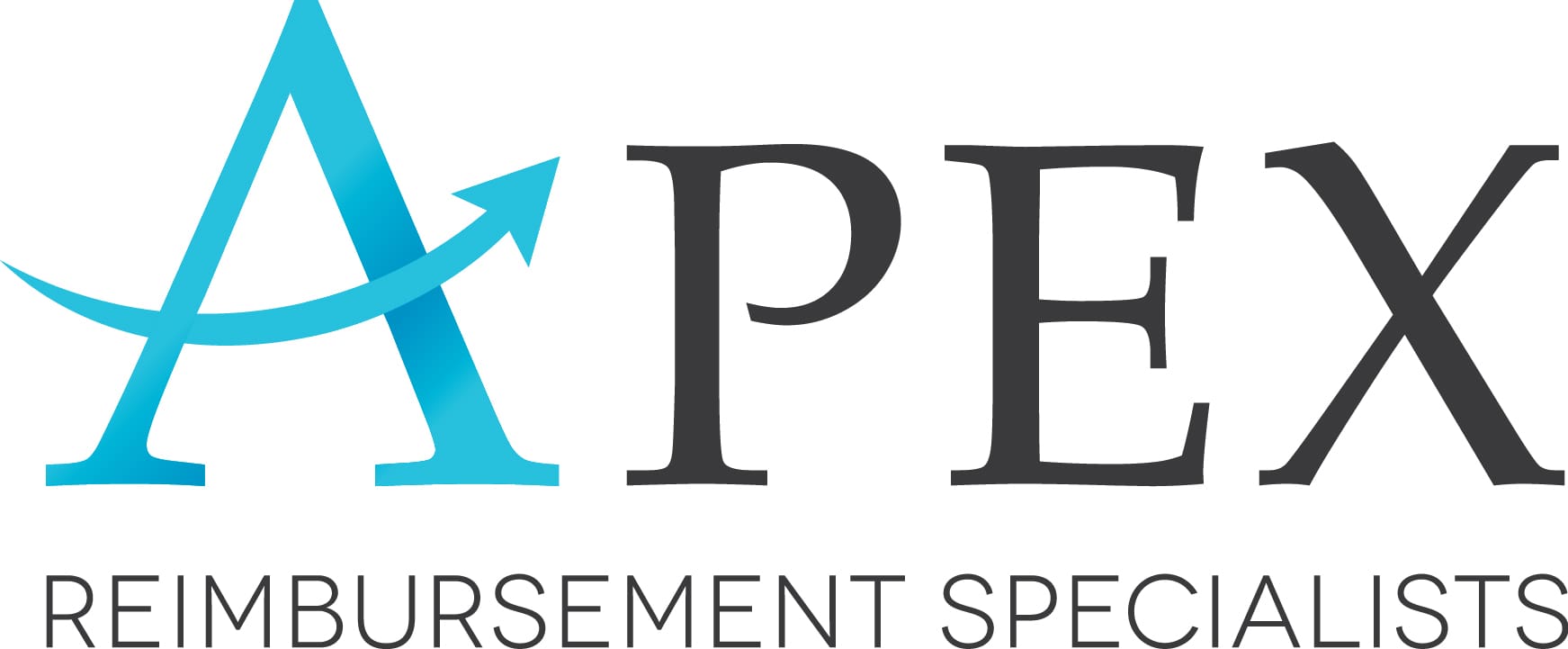For dental practices, proper credentialing is essential to maintaining smooth operations and ensuring timely reimbursements. However, many dentists, especially those new to private practice or acquiring an existing one, make avoidable credentialing mistakes. Even a small credentialing error can cause compliance issues, stress, and financial losses. What are the most common credentialing mistakes, and how can you avoid them?
Not Allowing Enough Time
One of the biggest credentialing mistakes dentists make is underestimating how long the process will take. Credentialing is not an instantaneous process that is over when you submit your documentation. Instead, it can take anywhere from 60 to 180 days, depending on the insurance company and its requirements. Dentists often assume they can start seeing patients right away, only to realize that, without completed credentialing, they cannot bill for services under their own name. This can result in significant revenue delays and unhappy patients.
Not Having Documentation Ready
Another frequent credentialing mistake is failing to keep critical documents current and not having them organized and ready to go. Expired malpractice insurance, outdated licenses, and missing CE certificates can all lead to delays. Credentialing requires up-to-date records, and any lapses can halt or even nullify your application. Dentists should maintain a well-organized system to track all required documents and their renewal dates so that everything is easy to find while credentialing.
Not Submitting a Complete Application
Submitting incomplete or incorrect applications is another classic credentialing mistake. Missing even minor details, like a license number or date, can trigger denials or long delays. Insurance carriers have strict requirements, and any errors can reset the credentialing clock. Carefully reviewing every application before submission is essential to ensure accuracy and completeness. Working with a third-party credentialing provider is an excellent way to make sure that your application is complete and accurate.
Not Following Up
Many dentists assume that once they’ve submitted their paperwork, the process will continue automatically without the need for follow-up. However, one of the less obvious credentialing mistakes is failing to follow up. Insurance companies can misplace documents or stall applications. Proactive follow-up helps catch any issues early and keeps the process moving forward. When you work with a third-party provider, we’ll take care of the follow-up for you to ensure your application is processed promptly.
Not Remembering to Recredential
Unfortunately, credentialing isn’t a one-and-done process. Most insurance plans require recredentialing every 2-3 years. This can add up to a tremendous amount of work depending on how many insurance providers you are choosing to credential with. Dentists who overlook this or who wait too long to start the recredentialing process can find themselves suddenly unable to bill for services, leading to lost revenue and a scramble to get reinstated. We can help you with the recredentialing process to ensure that there is no lapse in your credentialing, including starting the process early enough and following up to make sure that your application is not facing any delays.
Make the Credentialing Process Easier with Help from APEX Reimbursement Specialists
If you are ready to make the credentialing process easier or explore how we can help you with recredentialing, APEX Reimbursement Specialists is here to help. Contact our team today by calling (410) 710-6005. We look forward to working with you to make your practice a more profitable place.

